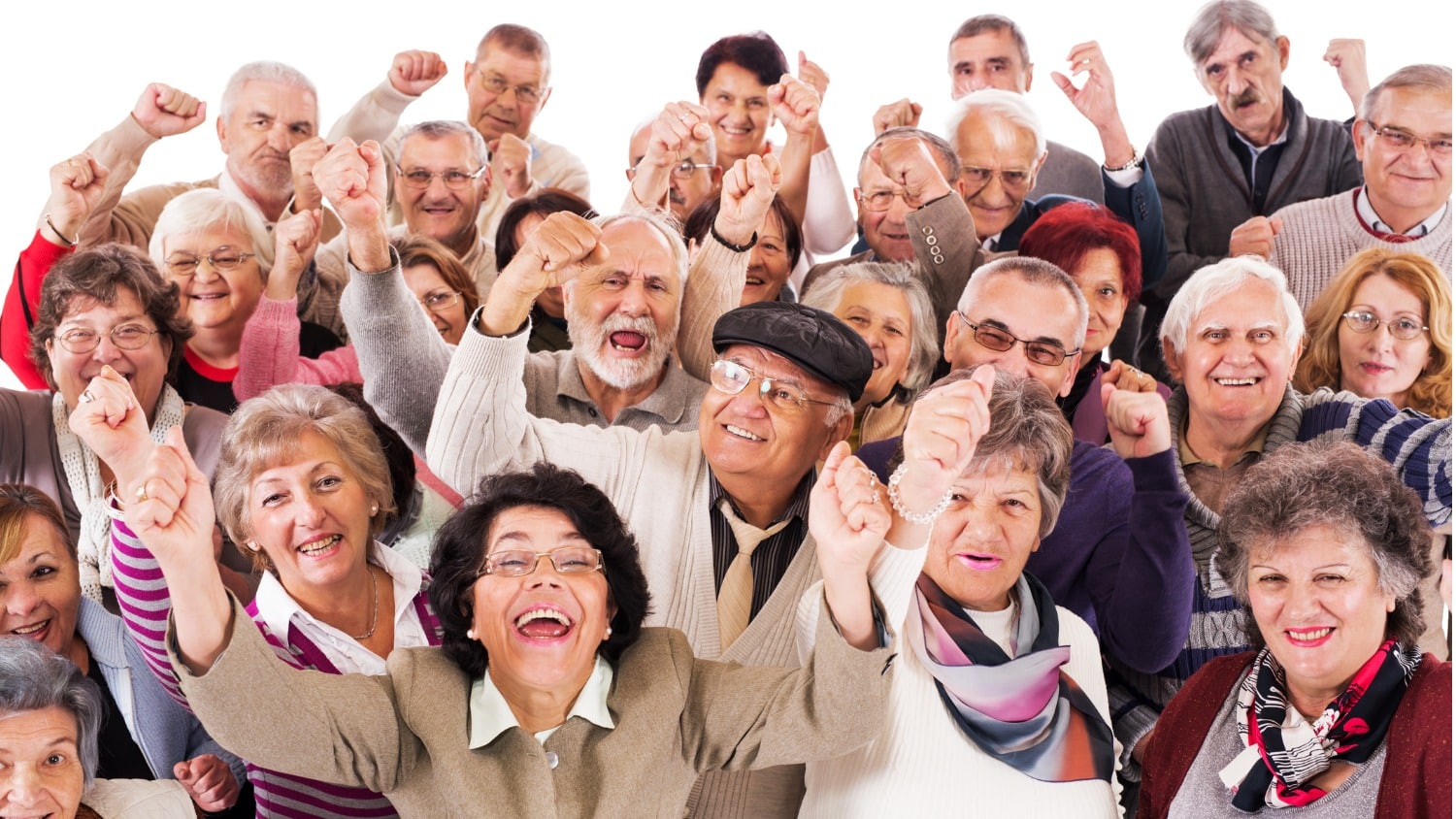Finding Friends as an Older Adult Requires a Different Approach
Several years ago, I moved from the Valley of the Sun, in Arizona, to Southern Oregon. While much research had gone into finding a nice permanent spot (actually more than 19 years of travel and thought), the actual move was rather spontaneous and a bit impulsive.
Impulsivity is not my style. Still, the environment, culture, climate and new house felt right. The oops factor only came when I realized just how many friends and good acquaintances I had left behind.
Yes, there are computers and phones to help us stay in touch. At the same time, my litmus test is that a friend is accessible enough if they can accommodate a last-minute date for coffee.
Some of us are lucky enough to have a partner or spouse. We may not all be lucky in love, but, relationships are at least a source of companionship.
Nevertheless, even if you have a companion, having friends outside the home is vital. The problem is that finding and developing friendships, as we get a little older, is challenging.
Making Friends as an Older Adult Is Tough
Here are a few of the challenges that I personally encountered after my move.
- While not really retired, I no longer work in an office. This took away one natural and easy way to meet people.
- Having moved from a community with a homeowners association, which had “built-in friends,” I had forgotten the independence of single-home neighborhoods. It reminded me WHY I had supported the idea of senior co-housing (or even 55+ communities). With the semi-isolation of this situation, I understood there would be no ready-made friends. I don’t think the good ol’ fashion Welcome-Wagons exist anymore either. All the more sad.
- Many people in my new community have lived here for years. They HAVE their friends. They don’t necessarily feel they can devote extra time to making new ones, even if they want additional relationships. So trying to join the instituted activities of these long-time residents may be the only link I have to such established community folks.
- There are more potential companions than just the established crowd; we have the option of searching out other new-comers. When a friend of mine first moved to Bend Oregon, she found a notice on a coffee shop bulletin board looking for women new to the area who were interested in a variety of activities. What a great idea! One woman had put up this notice and quickly established a network of friends, not only for herself, but, for the other newbies as well.
- No one rushed to my door to say “we have been waiting for you!” Okay, that’s only in my dreams. Still, it sure would be nice if people acted this way.
The Burden Was on Me
No one was going to crown me “New City Best Friend.” However, I know the research. I realize that people live happier, healthier and longer lives in general if they have good friends and social connections.
Whether you are an introvert or extrovert, the question is the same. How do you go about making good friends in a new situation when you are no longer in a traditional work environment nor have children to make friends for you?
I kept a few things in mind that are probably helpful for anyone looking to establish friendships.
- Making a plan and taking it seriously will accelerate the process.
- People become friends slowly and by participating in activities or projects. While chats over dinner or coffee are a start, friendship generally happens when “doing things” together.
- Comparing new people to old friends can depress you. Don’t do it.
- Avoid being too pushy or clingy toward any new person you meet. At the same time, don’t wait for people to come to you. Find a balance between the two extremes.
- Don’t get involved with an activity that you aren’t actually interested in, or would truly rather avoid, just because someone you like asked you. Be open, but pick carefully. Time is limited.
- Don’t just “THINK” outside the box, “GO” outside the box. Act.
So far, I feel good about my progress. I picked two things to focus on, aside from my normal work and daily load of chores. You might have other ideas, but here were my choices.
First, I decided to take advantage of classes for those over 50 years old. It’s an active community and attached to the local University. It was relatively inexpensive and offered a variety of different courses covering many genres. This particular program was Osher Life-Long Learning Institute, but there are others.
Lots of people I met advised me to join the local “Y” (which is a YMCA here. You might have an YWCA.). I do think this is a great option as well.
Personally, I have my own exercise activities, routines and workout machines. I also find that I just don’t keep up with the “gym thing.” Still, I would highly recommend a local gym as a possible and healthy place to reach out to others.
The second thing I did was join the League of Women Voters, a party-neutral organization of women and men who work on voter services and public policy. I chose them because they look seriously at issues and produce good work. I had also been a member before, so, I knew how they operated.
I have also belonged to Kiwanis, but, I am more committed to the LWV. While both of these organizations include men and women, they each have a predominance of one over the other. I would recommend either of these groups to almost anyone.
The main requirement for these kinds of associations is that they have regular meetings you can attend. They should also have projects that help you to develop more in-depth relationships.
There’s No Place Like Home… At Least Not Right Away
After I moved, I had to remind myself no club or organization will feel at home immediately. You may be added to the membership roster, but, this doesn’t mean that you will feel like you belong. All groups have cliques. This is just a fact of life.
At this stage in life, people WANT you to feel wanted and often try to reach out. On the other hand, they are used to their existing friends and habits.
It can take a little while to fit in. Translation? Don’t give up after a couple meetings. Give it a real effort – at least for a few months. By the way, if you are an introvert, you may need this approach even more than others.
Finding friendship after a move is tough for everyone. We may have grey hair, but, this doesn’t stop us from feeling as awkward as teenagers at times. We all want to be socially accepted. We need to fit in.
The good news is that you actually have quite a bit of control over your social life. Building a 2-3 step activity plan is a great place to start!
Where did you meet your newest friend? Do you think that it is easier or harder to make friends as an older adult? Please join the conversation.
Tags Friendships







Malinda, wish I had thought of that issue – “accepting the quirks of others.” Nice thought.
Thanks for this wonderful, insightful article Dr. B! I met my newest friend while volunteering at Access. Access is a great place to meet people from all walks of life who are interested in making their communities better. I think it might actually be easier to make friends as an older adult. In my own case, at this stage in my life I’m more accepting of the quirks of others, and am more accepting of myself, too! Thanks for getting me thinking about these important topics.